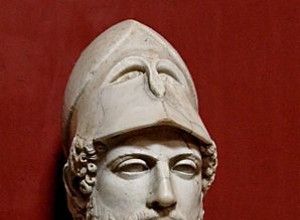In ancient Greece, if citizens had rights and duties, their participation and presence were not compulsory. However, as political life encroaches on the active life of citizens, sometimes depriving them of a days work, and therefore of salary, the latter willingly abandon their presence in the assem




